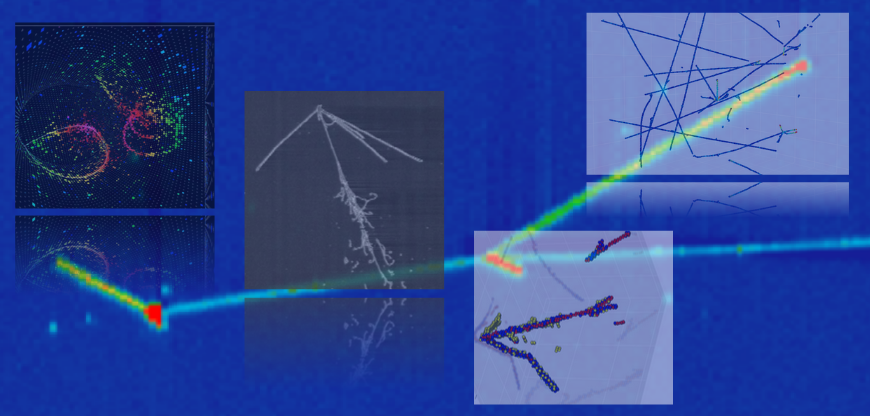Speakers
Description
In this talk, we present Highly Parallel Inference Technique for Monitoring Anti-Neutrinos (HITMAN), an inference tool that combines the extended maximum likelihood decomposition (EML) with neural ratio estimators (NREs) to produce likelihood functions for optical neutrino detectors of arbitrary geometry and material properties. By employing the EML, HITMAN reduces the input dimension of the likelihood, enabling the use of lightweight, densely connected networks to generate NREs. This approach eliminates the need to modify the network structure for different neutrino detectors, enabling rapid-turnaround detector design studies by removing the need for labor-intensive manual creation of likelihood functions. Additionally, the EML method minimizes the amount of training data necessary for network training, reducing the computational resources required by simulation. Our project embodies the principle: 'If you can simulate it, you can reconstruct it.' We demonstrate the effectiveness of HITMAN by applying this technique to two specific neutrino detectors. The first is Eos, a ton-scale antineutrino detector using water-based liquid scintillator as the target medium. The second is LiquidO, an optical particle detector with opaque scintillator enabling high-precision event reconstruction.



